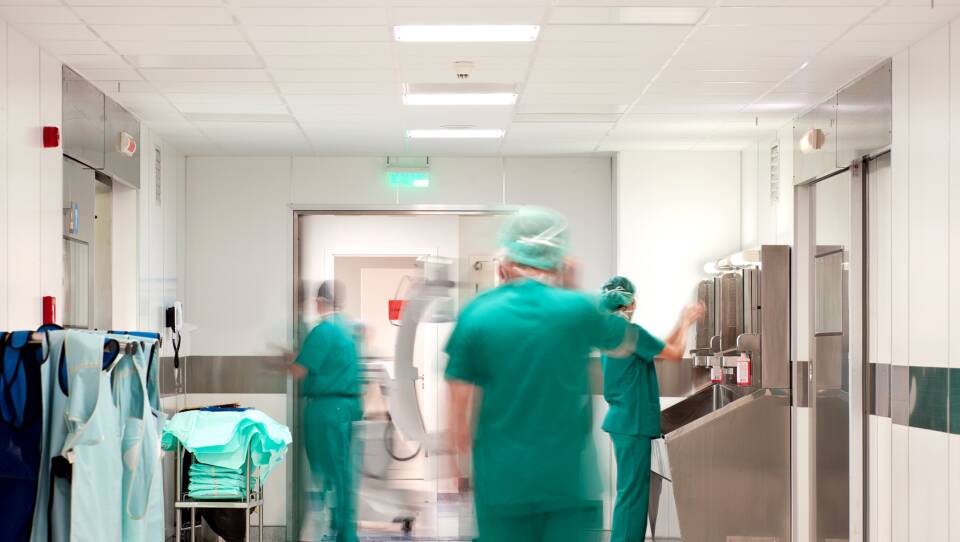With the pause on federal student loan payments set to end next week, Gov. Maura Healey’s administration is awarding $140.9 million in loan repayments to nearly 3,000 health care providers.
Funded through the American Rescue Plan Act and the Opioid Recovery and Remediation Trust Fund, the MA Repay Program launched last year under then Gov. Charlie Baker for facilities most impacted by the COVID-19 pandemic. Behavioral health and primary care professionals in Massachusetts are eligible so long as they agree to practice in the state for the next four or five years.
An additional $120.2 million was approved for the program in the state budget that was signed by Gov. Healey more than a month after it was due, and it is expected to be available in the coming months.
"There's really something to be said about people who dedicate themselves to primary care and mental health services and social services, because that's not necessarily where the money is,” said Kara Powell, a registered nurse at the Brockton Neighborhood Health Center. “So paying off those loans is not as easy. But I think if they could have more programs like this, this would definitely make everything come full circle and really help the public and help a lot of people.”
Nearly half of the program’s recipients are people of color, and the majority of them work full-time in underserved communities, according to the Executive Office of Health and Human Services.
Michael McDonald, a behavioral health outpatient clinician at the Brockton Neighborhood Health Center, says that investing in these professionals is also an investment in the patients who lack proper care.
“I see a lot of people of color, I see a lot of queer people, I see a lot of differently abled people,” McDonald said. “And so by being able to help me focus less on things like my student loans, I can now focus a lot more on the community.”
Linda Alvarez, who is also a behavioral health clinician at Brockton Neighborhood Health Center, echoed McDonald’s sentiment.
“When I think about our communities, there are so many people that don't speak the language, they don't even know how to fill out an application,” Alvarez said. "So if we do focus on how to prepare our providers and pour money into that, that's what allows us to create sustainable change in our communities.”
The repayment comes as the federal government begins to forgive $39 billion worth of student loan debt from over 800,000 borrowers due to mismanagement that made qualified borrowers not eligible for the government’s income-driven repayment plan.
Still, federal student loan payments are set to resume in September, and President Biden’s efforts to forgive thousands of dollars in loans for each borrower is stuck in its tracks after the Supreme Court ruled the plan unconstitutional in June.





